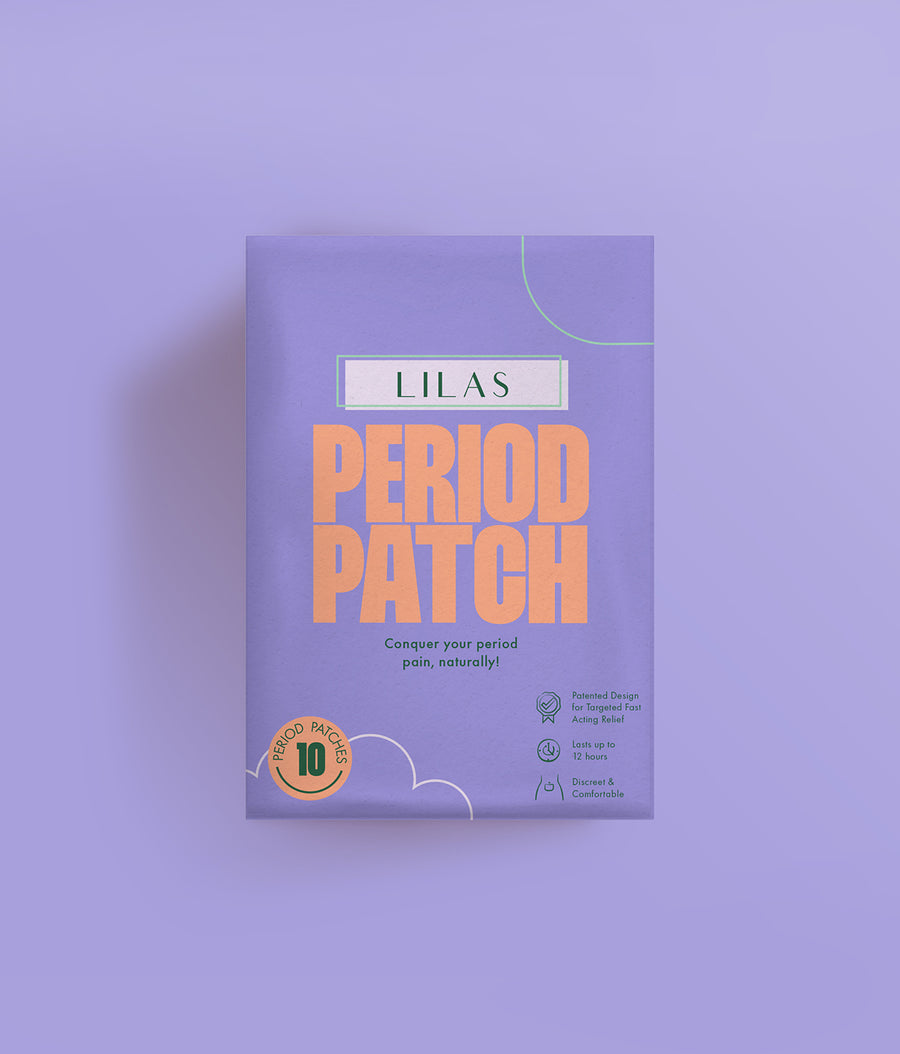National Ovarian Cancer Awareness Month
Today, we turn our attention to ovarian cancer since, after all, September is National Ovarian Cancer Awareness Month. Believe it or not, ovarian cancer is the fifth leading cause of cancer deaths among women in the United States. According to the American Cancer Society, an estimated 21,750 are diagnosed with the disease and 13,940 will die from it in 2020 alone. For more statistical context, it’s also worth noting that:
- Women in the United States have 1 in 78 chance of developing ovarian cancer at some point in life.
- Furthermore, 1 in 108 women in the U.S. die from ovarian cancer.
- About 50% of the women diagnosed with ovarian cancer are 63 or older. Generally speaking, people are more likely to be diagnosed with ovarian cancer after menopause.
- Ovarian cancer has a 47% overall survival rate.
It is important to know the stakes of the problem so that we as a community can mobilize toward a solution.
A huge part of National Ovarian Cancer Awareness Month is to encourage people to be more intentional in detecting potential cases as early as possible. Because ovarian cancer in its early stages doesn't tend to have very many symptoms, it’s important to ask about it at gynecology appointments. Even when ovarian cancer symptoms do appear, such as trouble eating, pelvic pain, and the frequent urge to urinate, they tend to indicate later ovarian cancer stages. Ovarian cancer is not tested for by Pap smears, so it often requires other methods, like biopsies, for detection. These extra procedures may be inconvenient, but early detection is absolutely critical. When ovarian cancer is caught and treated in its first stage, meaning the cancer is solely localized in the ovaries, the five-year survival rate goes up to 90% instead of the 47% across all stage diagnoses. Unfortunately, only 15% of ovarian cancer cases are detected at this early stage. That’s not good at all. Admittedly, it’s difficult to tell if this low early detection rate is largely due to the lack of symptoms or to the disparities in resources toward ovarian cancer research. It’s likely a mix of those two factors along with others. I would argue that it is easier to encourage our loved ones to consider ovarian cancer earlier on than it is to convince institutions to allocate appropriate resources. Of course, we should try to do both in our own ways.
Opening up dialogue around ovarian cancer throughout our lives will be an integral part of us navigating the issue together. We at LILAS Wellness enjoy facilitating discussions around health concerns that particularly affects women in our broader community. Though ovarian cancer is typically a post-menopausal concern, I think it is worthwhile to be proactive and ask about or being tested for ovarian cancer sooner rather than later. Ovarian cancer impacts all of us to at least some capacity, so it is crucial for us to think about how we can best address it and support one another. Here are some resources with more pertinent information to keep this fruitful discussion going:


Leave a comment